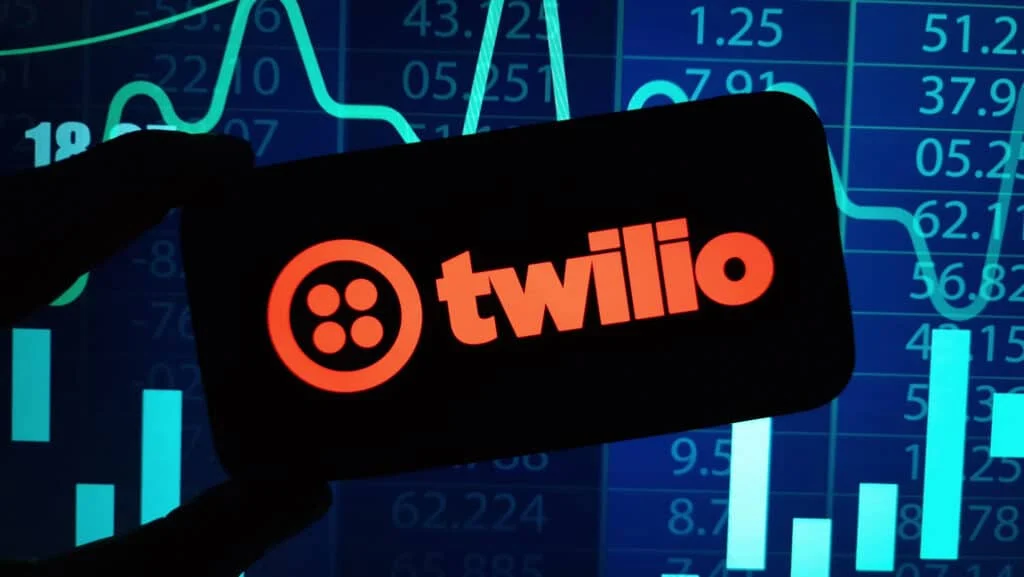The News: In the evolving landscape of AI, the recent lawsuit between The New York Times, OpenAI, and Microsoft is hardly surprising. Since the inception of ChatGPT and other large language models (LLMs), the need for legal precedents surrounding copyright infringement and the utilization of protected materials has been evident. As we delve into this legal battle, it becomes clear that the era of generative AI brings forth not only technological advancements but also a new frontier in information monetization on the internet. To learn more, read The New York Times and Axios articles.
Navigating the Legal Landscape: The New York Times, OpenAI, and Microsoft Lawsuit Unveils the Future of Generative AI
Analyst Take: Unlike previous search generations that primarily indexed and prioritized information based on algorithms, the generative AI era is marked by a significant shift toward the monetization of data on the internet. While search engines required users to click links and visit sites to consume content, generative AI now creates text-based summaries, abstracts, and simplified representations, such as bulleted lists and graphics. The key challenge lies in establishing clear attribution and determining how publishers of information benefit from the investment made in creating and publishing content.
Attribution and Publisher Benefits
Clear attribution is crucial in this new era, where generative AI tools play a pivotal role in synthesizing data and producing generative outputs. Publishers not only seek credit for their content but also aim to understand how they can reap benefits from the resources invested in content creation and publication. As the technology advances, the focus should be on finding a balance that ensures publishers receive due credit and compensation for their contributions to the generative AI landscape.
The Future of Web Monetization
While a comprehensive solution for managing protected information and the use of machine learning models (MLMs) to simplify user interactions is still in the works, we are undeniably on the brink of a new era on the web. This era promises different monetization strategies compared with the search era, posing the question of whether it will bring more value to information publishers or further diminish their control over content.
Unraveling the Impact
Predicting the outcome of this legal battle is not straightforward, but it signals the beginning of a multiyear period involving litigation and policy creation around the use of protected data in large language models (LLMs) and other generative AI tools. As these tools prioritize sources and pull data from trained sources offering non-encumbered insights, the landscape of information control and value is likely to undergo significant changes.
Conclusion
In the intersection of technology and legal frameworks, the lawsuit between The New York Times, OpenAI, and Microsoft serves as a harbinger of challenges and opportunities in the generative AI era. As we navigate this complex terrain, the future of web monetization and the role of information publishers will undoubtedly shape the trajectory of the next era on the internet. The unfolding legal and policy developments will be instrumental in determining how we strike a balance between technological innovation and the protection of intellectual property in the dynamic world of AI.
Disclosure: The Futurum Group is a research and advisory firm that engages or has engaged in research, analysis, and advisory services with many technology companies, including those mentioned in this article. The author does not hold any equity positions with any company mentioned in this article.
Analysis and opinions expressed herein are specific to the analyst individually and data and other information that might have been provided for validation, not those of The Futurum Group as a whole.
Other Insights from The Futurum Group:
Some Thoughts on the AI Boom, Silicon, and the Year Behind & Ahead
OpenAI ChatGPT Enterprise: A Tall Order
Google, Microsoft, OpenAI, and Anthropic Form AI Industry Group
Author Information
Daniel is the CEO of The Futurum Group. Living his life at the intersection of people and technology, Daniel works with the world’s largest technology brands exploring Digital Transformation and how it is influencing the enterprise.
From the leading edge of AI to global technology policy, Daniel makes the connections between business, people and tech that are required for companies to benefit most from their technology investments. Daniel is a top 5 globally ranked industry analyst and his ideas are regularly cited or shared in television appearances by CNBC, Bloomberg, Wall Street Journal and hundreds of other sites around the world.
A 7x Best-Selling Author including his most recent book “Human/Machine.” Daniel is also a Forbes and MarketWatch (Dow Jones) contributor.
An MBA and Former Graduate Adjunct Faculty, Daniel is an Austin Texas transplant after 40 years in Chicago. His speaking takes him around the world each year as he shares his vision of the role technology will play in our future.







